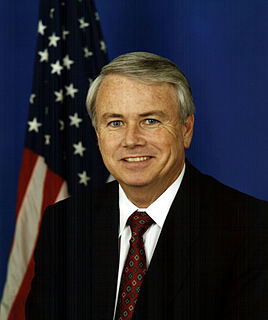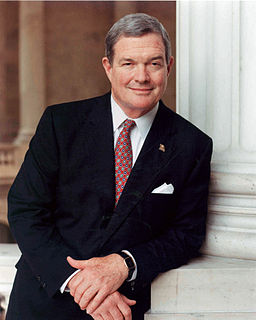A Quote by Toomas Hendrik Ilves
When Estonia reestablished its sovereignty after a half century of successive thuggish, totalitarian, foreign occupations by the Soviets, the Nazis, and then again the Soviets, we knew we wanted to create a democratic country characterized by rule of law and respect for human rights.
Related Quotes
Good, healthy democratic societies are built on three pillars: there's peace and stability, economic development, and respect for rule of law and human rights. But often, we take stability - peace in terms of security and economic activity - to mean a country is doing well. We forget the third and important pillar of rule of law and respect for human rights, because no country can long remain prosperous without that third pillar.
What if the Soviet intervention was a blessing in disguise? It saved the myth that if the Soviets were not to intervene, there would have been some flowering authentic democratic socialism and so on. I'm a little bit more of a pessimist there. I think that the Soviets - it's a very sad lesson - by their intervention, saved the myth.
Let's not use the term democracy as a play on words which is what people commonly do, using human rights as a pretext. Those people that really violate human rights [the West] violate human rights from all perspectives. Typically on the subject of human rights regarding the nations from the south and Cuba they say, "They are not democratic societies, they do not respect human rights, and they do not respect freedom of speech".
There are those who argue that the concept of human rights is not applicable to all cultures. We in the National League for Democracy believe that human rights are of universal relevance. But even those who do not believe in human rights must certainly agree that the rule of law is most important. Without the rule of law there can be no peace.
If I read this to you and did not tell you that it was an FBI agent describing what Americans had done to prisoners in their control, you would most certainly believe this must have been done by Nazis, Soviets in their gulags or some mad regime - Pol Pot or others - that had no concern for human beings.
I was used on a number of occasions by the United States and China as a conduit. For instance, I was up there talking with the Chinese leadership and they said to me that they were a bit concerned that the Americans had a misunderstanding about their relationship with the Soviets. There was some suggestion that there was a rapprochement developing between China and the Soviets, but nothing could have been further from the truth.
We are deeply concerned about the situation in Russia with regards to human rights. There are several examples of this situation, such as the new law requiring NGOs to register as "foreign agents", the law banning homosexual "propaganda", problems with the rule of law and arbitrary judicial processes, and court rulings against the opposition.






























